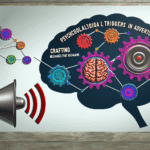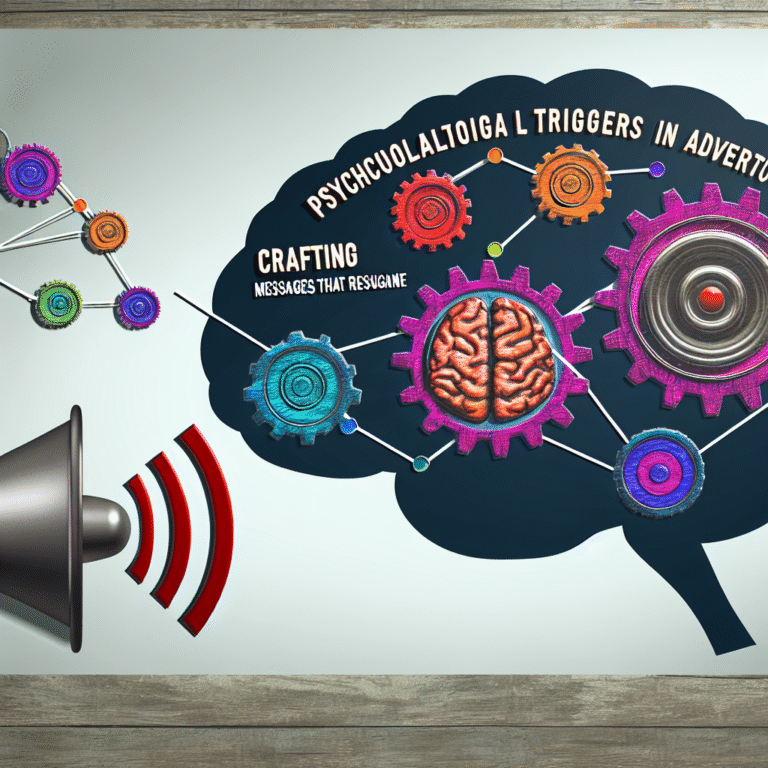
Introduction
In an ever-evolving world filled with challenges, honing a strong problem-solving mindset has never been more crucial. Whether you’re a student facing exams, an entrepreneur tackling market disruptions, or a professional navigating workplace conflicts, the ability to effectively overcome obstacles is an essential life skill. Navigating Obstacles: How to Develop a Strong Problem-Solving Mindset goes beyond mere coping strategies; it’s about cultivating a robust mental framework that empowers you to face challenges head-on.
Imagine possessing the capacity to turn setbacks into stepping stones. Sounds appealing, right? This article explores the intricacies of developing that mindset, offering insightful techniques, engaging case studies, and actionable strategies that will enrich your approach to life’s hurdles.
Understanding the Problem-Solving Mindset
What Is a Problem-Solving Mindset?
At its core, a problem-solving mindset isn’t just about finding solutions; it’s about fostering a proactive approach to obstacles. This mindset embraces critical thinking, creativity, perseverance, and adaptability. When faced with a challenge, individuals with this mindset see possibilities, not barriers.
Why Is It Important?
- Facilitates Growth: Embracing challenges allows for personal and professional development.
- Promotes Resilience: A strong problem-solving mindset helps you bounce back from failures.
- Increases Confidence: Success in overcoming obstacles boosts self-esteem and assertiveness.
Characteristics of a Strong Problem-Solving Mindset
1. Curiosity
Curiosity drives individuals to ask questions and seek knowledge. It’s essential for effective problem solving because it opens the door to discovering various perspectives and potential solutions.
2. Resilience
Resilience is the ability to recover from difficulties. Cultivating resilience enables you to maintain your focus and commitment even when faced with setbacks.
3. Adaptability
The ability to adjust thought processes and strategies is a vital component of navigating obstacles. Adaptability allows for flexibility in problem-solving, facilitating innovative solutions.
4. Analytical Thinking
Having strong analytical skills aids in breaking down complex problems into manageable parts. This clarity simplifies the problem-solving process.
Practical Steps for Developing a Strong Problem-Solving Mindset
Let’s dive deeper into actionable strategies that can help you enhance your problem-solving capabilities.
Step 1: Embrace Challenges
Every challenge presents an opportunity. Instead of shunning difficulties, welcome them as chances to learn. Research shows that individuals who view challenges positively are better equipped to navigate obstacles.
Case Study: Thomas Edison
Thomas Edison faced thousands of failures before inventing the lightbulb. Rather than viewing his failures as setbacks, he reframed them as learning experiences, which helped him iterate on his designs.
Step 2: Break Down Problems
Taking a large problem and breaking it down into smaller, manageable components can clarify the situation. This method makes it easier to identify effective solutions.
| Problem | Components |
|---|---|
| Increasing sales | Understand customer needs, Analyze competitive landscape, Improve marketing strategies |
Step 3: Practice Critical Thinking
Engage in activities that challenge your thinking patterns. Logic puzzles, strategy games, and debates can help sharpen your analytical skills.
Step 4: Collaborate with Others
Don’t underestimate the power of collaboration. Team discussions can yield diverse perspectives and innovative solutions that an individual might overlook.
Case Study: NASA’s Apollo 13
During the Apollo 13 mission, a catastrophic failure occurred. The NASA team utilized collective problem-solving skills, pooling insights from engineers and astronauts, leading to a successful rescue and return to Earth.
Step 5: Reflect and Learn
After resolving a problem, spend time reflecting on the process. What worked well? What didn’t? This reflective practice fosters continuous growth.
Challenges to Overcome in Developing a Problem-Solving Mindset
Fear of Failure
Fear of failure often inhibits progress. To counter this, remind yourself that each setback is merely a stepping stone toward success.
Overanalysis
Overthinking can lead to paralysis. Set deadlines for decision-making to prevent this.
Negative Self-Talk
Replace limiting beliefs with empowering affirmations. A shift in mindset can radically alter how you approach challenges.
Enhancing Your Environment for Problem Solving
Foster a Growth Mindset
Promote a culture that encourages curiosity and learning. This environment can be created both at work and home.
Encourage Open Dialogue
Facilitating open conversations about challenges can encourage team members to voice concerns without fear of judgment.
Conclusion
In summary, Navigating Obstacles: How to Develop a Strong Problem-Solving Mindset encompasses adopting a proactive approach toward challenges, fostering resilience, and continuously learning and adapting. Cultivating this mindset not only equips you to face life’s uncertainties but also transforms challenges into profound learning experiences.
Take these insights and incorporate them into your daily life. Strive to embrace challenges, collaborate with others, and constantly reflect on your experiences. As you develop your problem-solving mindset, remember that each obstacle navigated puts you one step closer to success.
FAQs
1. What is a problem-solving mindset?
A problem-solving mindset is a mental framework that empowers individuals to approach challenges with curiosity, resilience, adaptability, and analytical thinking.
2. How can I practice critical thinking?
Engaging in logic puzzles, debates, and analytical writing can help sharpen your critical thinking skills.
3. Why is resilience important in problem-solving?
Resilience helps you recover from setbacks and maintain focus on your goals, enabling you to keep pushing forward despite challenges.
4. How can I enhance my collaboration skills?
Participating in team projects, attending workshops, and volunteering can help you develop your collaborative skills.
5. What role does reflection play in problem-solving?
Reflection allows you to analyze the problem-solving process, learning from successes and failures to improve future strategies.
By implementing these strategies and embracing a strong problem-solving mindset, you empower yourself to tackle life’s challenges head-on. Remember, it’s not the obstacles that define us, but how we navigate them that truly matters.
















